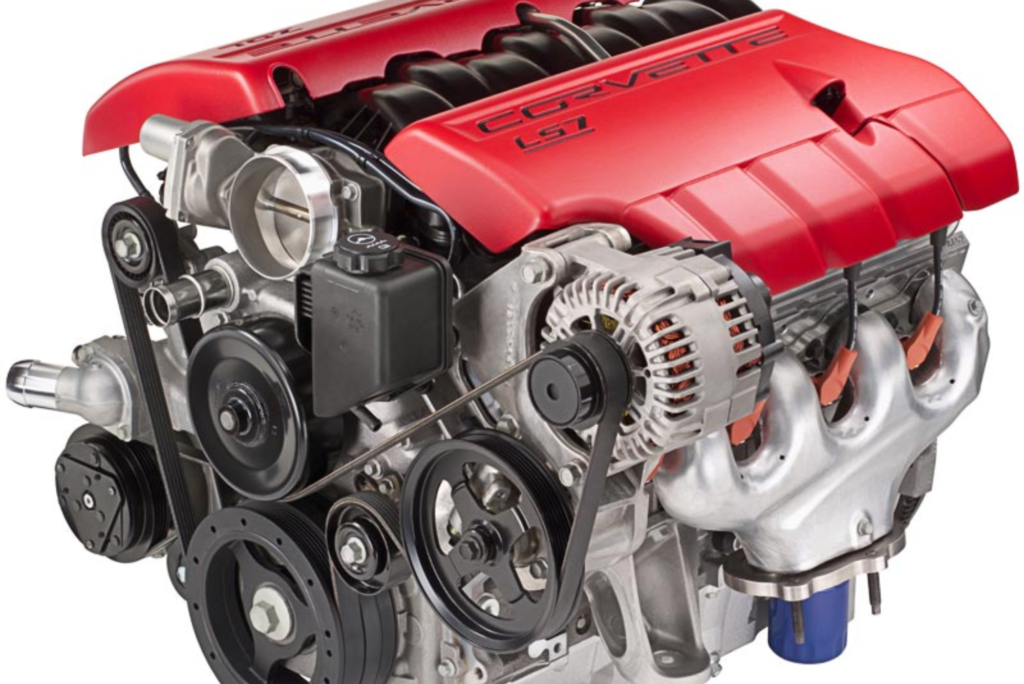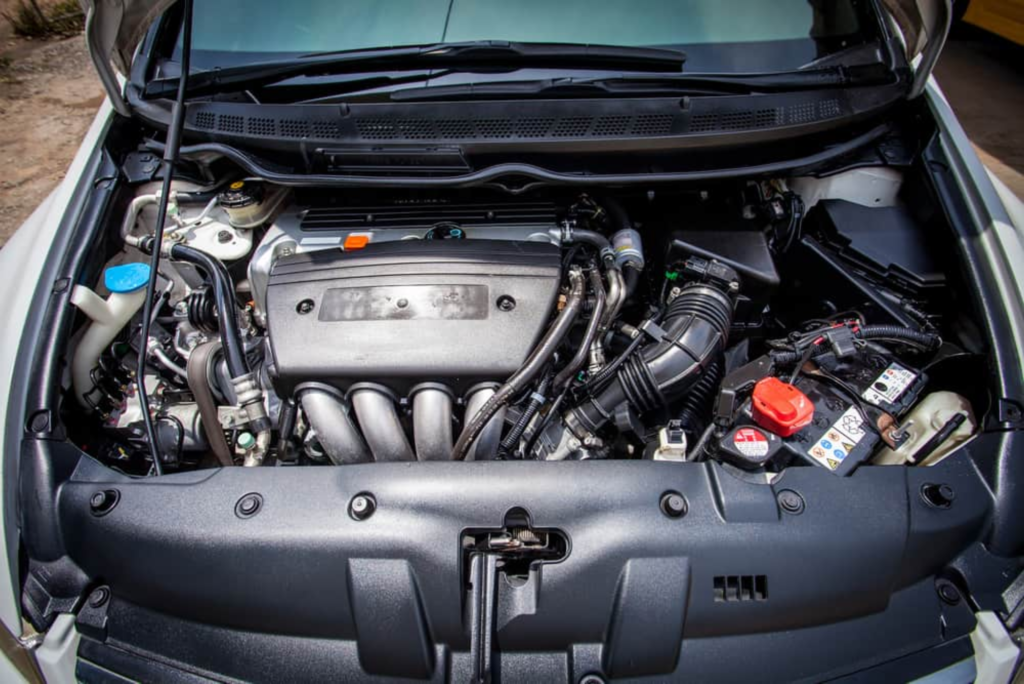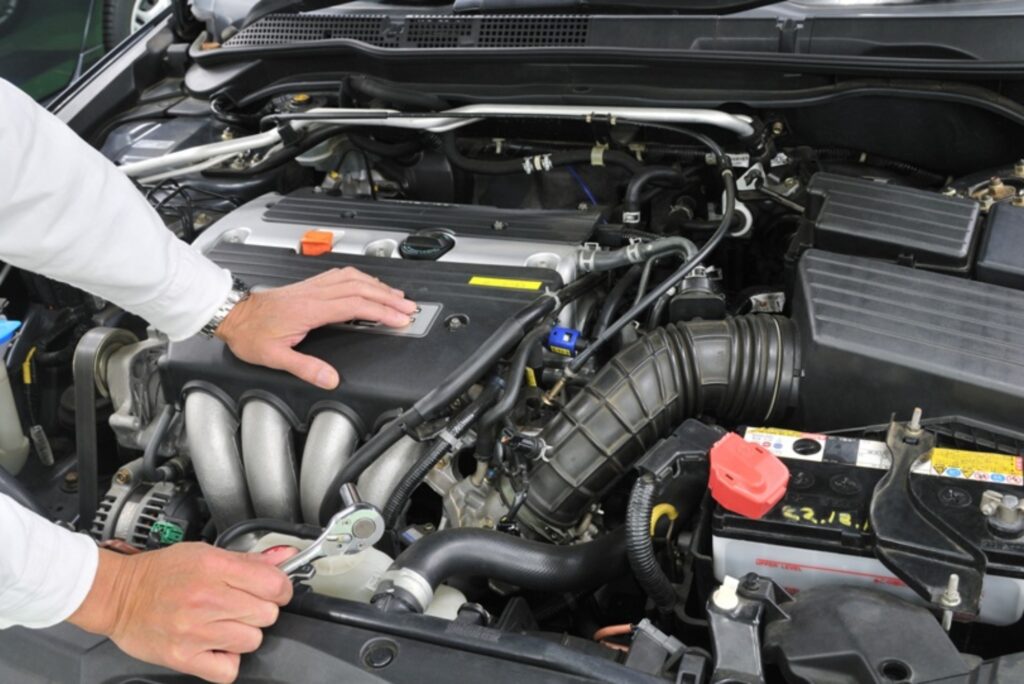How Automobile Engines Work
Understanding the basic principles of how automobile engines operate is essential for any enthusiast or driver. Whether you’re a curious novice or an experienced mechanic, delving into the intricacies of engine mechanics unveils the magic behind vehicular motion.

Combustion: The Heart of the Engine
At the core of every automobile engine lies the process of combustion. Fuel and air mix in precise ratios, ignited by a spark or compression, creating controlled explosions that generate the power to move the vehicle forward.
Types of Engines
From the traditional internal combustion engines to modern hybrids and electric powertrains, various engine types drive automobiles today. Each type has its unique mechanisms and advantages, catering to different needs and environmental concerns.
Components of an Engine
Exploring the anatomy of an engine reveals a complex interplay of components. From pistons and cylinders to crankshafts and camshafts, every part plays a crucial role in transforming fuel into kinetic energy.
Four-Stroke Cycle
The four-stroke cycle, comprising intake, compression, power, and exhaust strokes, is the foundation of most internal combustion engines. How Automobile Engines Work Understanding each stage illuminates the sequential processes driving engine performance.
Fuel Injection Systems
Modern engines employ sophisticated fuel injection systems, replacing carburetors for improved efficiency and control. Direct injection and port injection systems optimize fuel delivery, enhancing both power output and fuel economy.
Engine Cooling and Lubrication
Efficient cooling and lubrication systems are vital for engine longevity and performance. Coolant circulates through the engine, dissipating heat, while oil lubricates moving parts, reducing friction and wear.
Emissions Control
As environmental concerns mount, emissions control becomes increasingly critical. Catalytic converters and exhaust gas recirculation systems minimize harmful pollutants, promoting cleaner air and sustainable transportation.

Tomorrow’s Auto Workshop
Tomorrow’s auto workshop offers a unique opportunity to explore the latest advancements in automotive technology. From hybrid engines to autonomous driving systems, it promises to be an enlightening experience for enthusiasts and professionals alike.
Steering System in Automobiles
The steering system in automobiles is a critical component that allows drivers to control the direction of their vehicles. From traditional hydraulic systems to modern electronic power steering, its evolution has greatly contributed to vehicle safety and handling. Understanding how steering systems work is essential for ensuring a smooth and safe driving experience.








